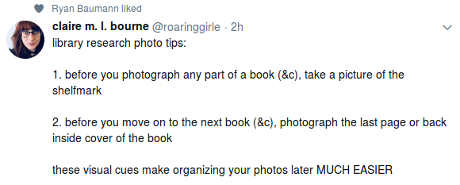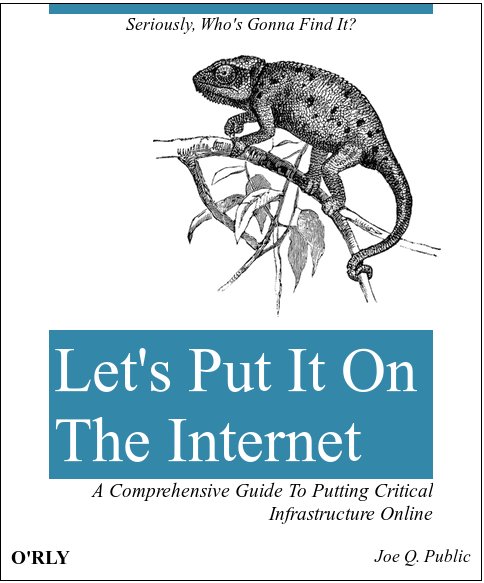We are Excited to Announce the Release of the Law Library of Congress Chatbot by Robert Brammer.
From the webpage:
We are excited to announce the release of a new chatbot that can connect you to primary sources of law, Law Library research guides and our foreign law reports. The chatbot has a clickable interface that will walk you through a basic reference interview. Just click “get started,” respond “yes” or “no” to its questions, and then click on the buttons that are relevant to your needs. If you would like to return to the main menu, you can always type “start over.”
(image omitted)
The chatbot can also respond to a limited number of text commands. Just type “list of commands” to view some examples. We plan to add to the chatbot’s vocabulary based on user interaction logs, particularly whenever a question triggers the default response, which directs the user to our Ask A Librarian service. To give the chatbot a try, head over to our Facebook page and click the blue “Send Message” button.
The response to “list of commands” returns in part this content:
This page provides examples of text commands that can be used with the Law Library of Congress chat bot. The chat bot should also understand variations of these commands and its vocabulary will increase over time as we add new responses. If you have any questions, please contact us through Ask A Librarian.
(I deleted the table of contents to the following commands)
Advance Healthcare Directives
-I want to make an advanced health care directive
-I want to make a living will
Caselaw
– I want to find a case
Civil Rights
–My voting rights were violated
– I was turned away at the polling station
– I feel I have been a victim of sexual harassment
Constitutional Law
– I want to learn about the U.S. Constitution
– I want to locate a state constitution
-I want to learn about the history of the U.S. Constitution
Employment Law
-I would like to learn more about employment law
-I was not paid overtime
Family Law
– I have been sued for a divorce
– I want to sue for child custody
– I want to sue for child support
– My former spouse is not paying child support
Federal Statutes
– I want to find a federal statute
File a Lawsuit
– I want to file a lawsuit
Foreclosure
– My house is in foreclosure
Immigration
– I am interested in researching immigration law
-I am interested in researching asylum law
Landlord-Tenant Law
– My landlord is violating my lease
-My landlord does not maintain my property
Legal Drafting
– Type “appeal”, “motion”, or “complaint”
Lemon Laws
– I bought a car that is a lemon
Municipal Law
– My neighbor is making loud noise
-My neighbor is letting their dog out without a leash
-My neighbor is not maintaining their property
-My neighbor’s property is overgrown
Real Estate
-I’m looking for a deed
– I’m looking for a real estate form
State Statutes
–I want to find state statutes
Social Security Disability
– I want to apply for disability
Wills and Probate
– I want to draft a will
– I want to probate an estate
Unlike some projects, the Law Library of Congress chat bot doesn’t learn from its users, at least not automatically. Interactions are reviewed by librarians and content changed/updated.
Have you thought about a chat bot user interface to a topic map? The user might have no idea that results are merged and otherwise processed before presentation.
When I say “user interface,” I’m thinking of the consumer of a topic map, who may or may not be interested in how the information is being processed, but is interested in a useful answer.

